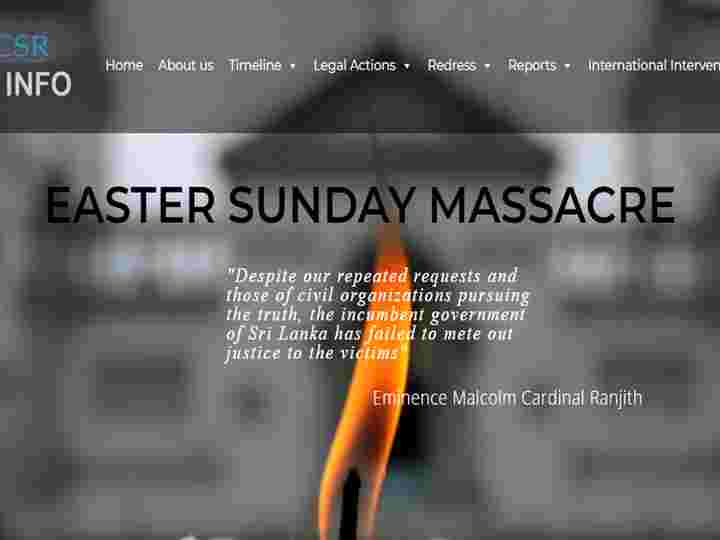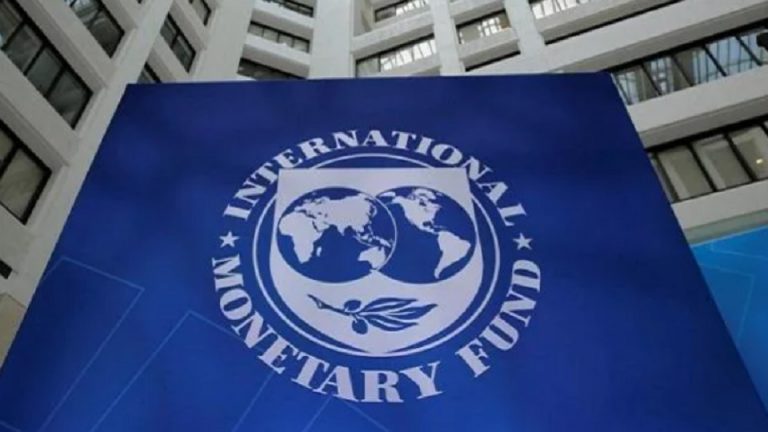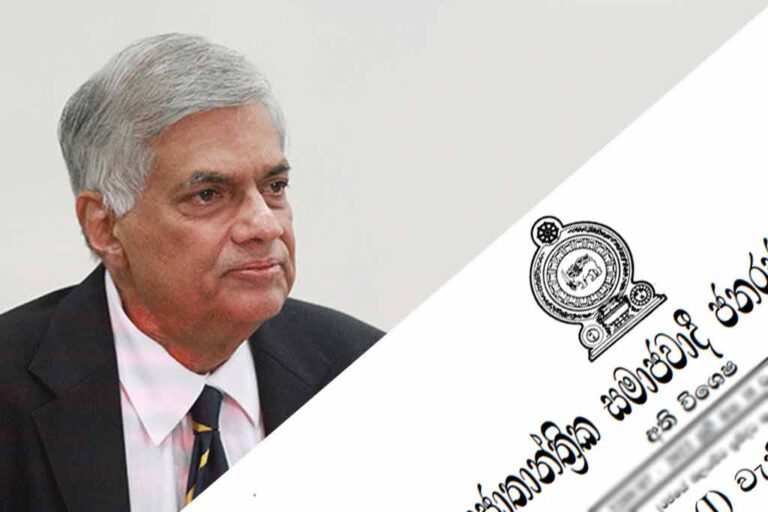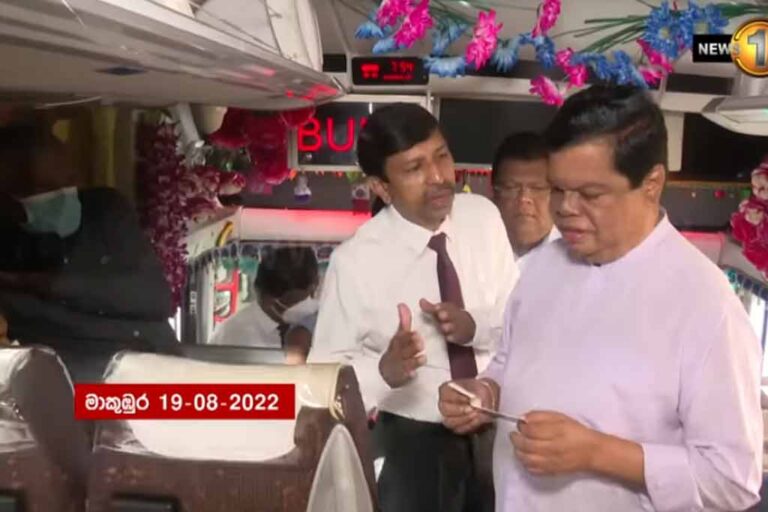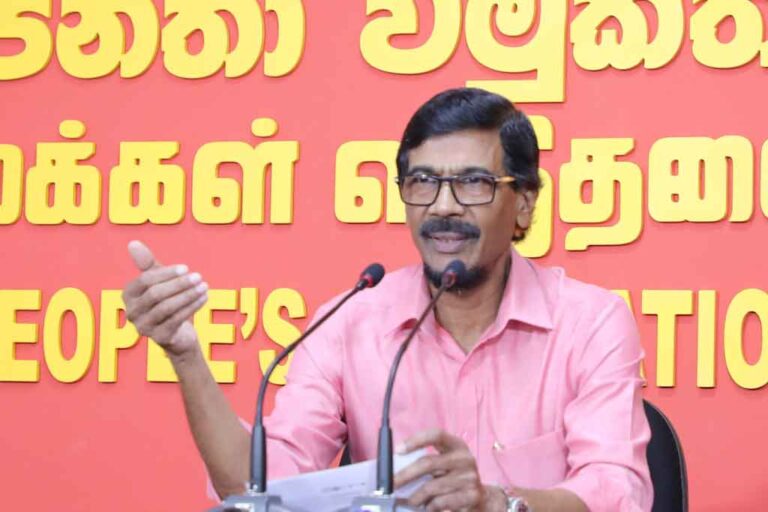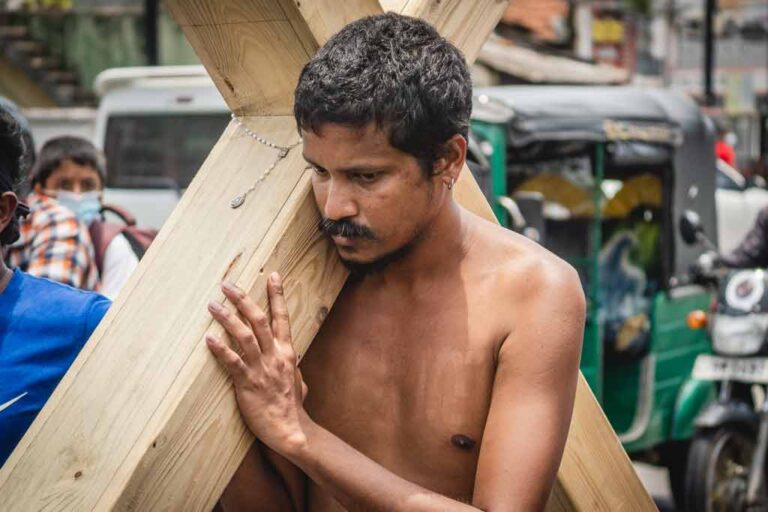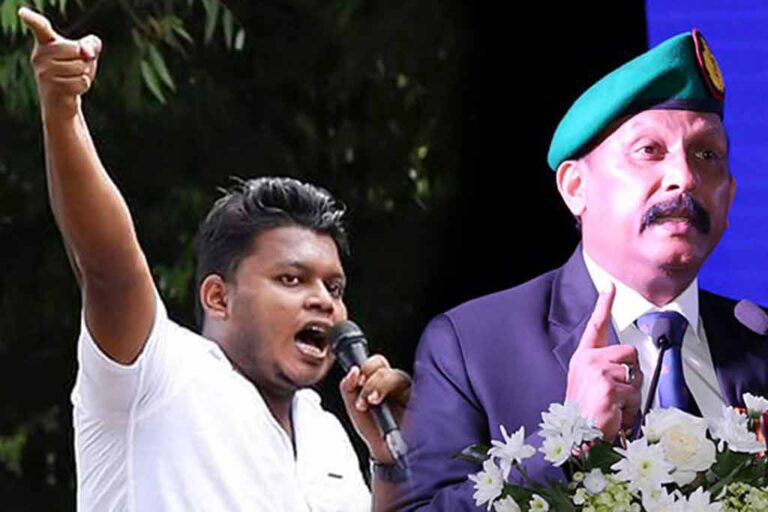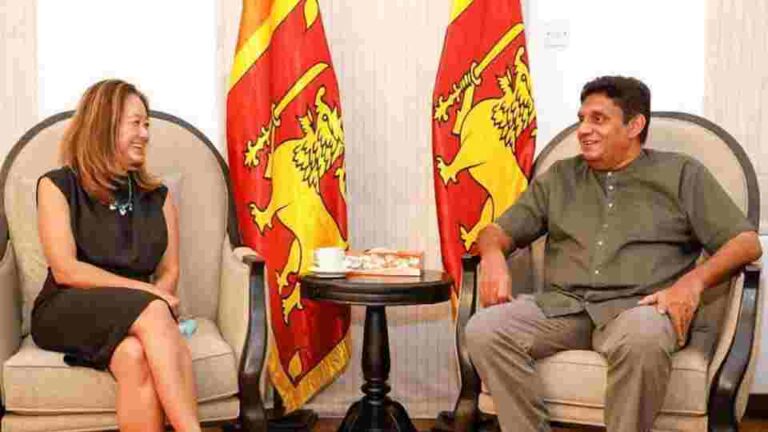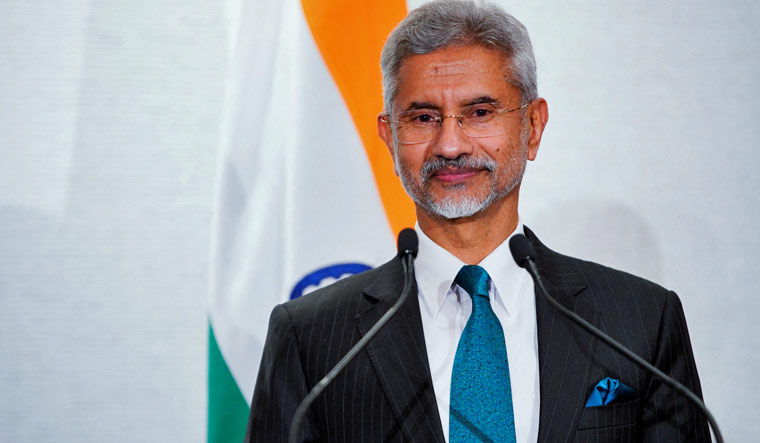Despite the brief silence among the people after the struggle that ousted ex President Gotabaya Rajapaksa, the people would be rising against the repressive regime at any given time and the Janatha Vimukthi Peramuna (JVP) would be ready to lead them, said Party Chief Secretary Tilvin Silva, speaking to a press conference yesterday (19).
“Tens of thousands of people took to the streets and said no to this regime. Although the people ousted the President, the government remains in power using the Constitution. This group, which failed to solve the problems of the people and was rejected by the people, no longer has the right to rule the country. Therefore, Parliament must be dissolved immediately. The people should be given the opportunity to form a government of their choice,” Silva said.
The JVP Chief Secretary added: “There is no point of demanding rights from this government. The evil regime that responds to the people asking for relief with repression must be removed. Having them resigned, we have to raise voice for an election to establish a government that the people like. There is silence after the protests that ousted the President. At some point the people will rise again. All the problems that the people are suffering from remain unchanged. Therefore, the people have the right to stand up democratically and remove this rule. It should be done precisely and by aiming a target.”
Silva revealed that the JVP together with the National People’s Power (NPP) would be ready to lead the struggle against the repressive regime, saying “The beginning of a massive series of protests demanding the resignation of this parliament that oppresses and represses the people will be taken place on the 20th with a demonstration and a protest rally. The Janatha Vimukthi Peramuna together with the National People’s Power would be ready to lead the struggle of the people. The government should be forced to witness the strength of the people dissolve Parliament. The people need the opportunity to form their own government. We urge the people to revive the struggle to make the march and the rally a success, showing the people’s power in the ‘Aragalaya.’ We also insist to stop the repression and on the unconditional release of those arrested.”
MIAP


